Ban on Press TV 'failed attempt' to stop it from challenging Western notions: Academic
The sanctions imposed on Press TV are "failed attempts" to stop it from challenging Western notions, an academic has said describing the bans as an unsuccessful move to shut down the voice of the voiceless.
David Miller, an academic and former professor at Bristol University, made the comments on Press TV’s Palestine declassified following the latest wave of bans and sanctions on the Iranian news broadcaster.
In a statement on Thursday, French satellite operator Eutelsat notified Press TV of a plan to take the English-language news network off air, weeks after the European Union and Canada imposed sanctions on the Tehran-based broadcaster over alleged “rights violations” following the recent foreign-backed riots in the country following the death of Mahsa Amini.
“What is going on here is an attempt to stop the way in which Press TV can challenge Western notions,” Miller said, adding that, “this is an ongoing war to try and stop alternative voices, but they are not being successful so far in shutting down the voice of the voiceless.”
In July 2013, Press TV was forced off the air in the UK after the media regulator Ofcom revoked its license for allegedly breaching the Communications Act, which Miller said was an attempt by the UK to “constrain the possibility of criticism of their actions and their involvement in war crimes and human rights abuses.”
“The UK is supposed to be the mother of democracy, but in the last 20 years or so we have had closure of the space for free expression, especially in relation to questions of imperialism, war, and foreign policy,” he added.
He further said that there is a “huge effort” put in by international broadcasters to “foment revolution” in Iran which provides the context for censoring Press TV because it gives an alternative to the “lies pumped out daily” by the propaganda networks.
Also Watch:
Zionists’ fear of Press TV
Elsewhere in his remarks Miller expounded on why the Zionist regime is “sacred” of Press TV, saying that “they fear the investigations and the information that we find out and put into public circulation; we do research which brings into public view things which are not previously known.”
The Pro-Palestinian academic explained that the Zionists allegedly denounce Press TV as “anti-Semite” or “conspiracy theorist” but it is “not working.”
“People are listening in increasing numbers, they are realizing that what we are saying is true and can be checked and have evidence behind them, so that is what they fear, they fear the turn of the tide against their racist ideas,” he stated.
A flawed process
While bans on Press TV were imposed over allegedly broadcasting forced confessions of detainees following the recent US and Zionist-backed riots in the country, Salih Roshan, editor of a UK-based Muslim news website described the investigations into the matter as “improper.”
In such cases, Roshan said, “you investigate the Iranian authorities’ points of view, the alleged victims' points of view, and then you try and search for evidence. None of that has actually happened.”
“What has happened is that the Western authorities have decided to take the word of one side over another side. And that has led to justifications for social media bans, sanctions, etc. And I just think that is a flawed process. When you do an investigation, do it properly,” he said.
Read More
Western media hypocrisy
Despite the fact that the US claims Press TV “lacks objectivity” Roshan said that the Tehran-based broadcaster reflects the Iranian point of view to a certain extent just as the BBC, the French channels or other media do by reflecting their home states' point of view.
“I think the hypocrisy comes in when a channel like the BBC, which is clearly a British state broadcaster, tells its audience that it is fair and impartial, but in reality, it is just disseminating British propaganda,” he added.
He further slammed the West’s attempts to “silence the views of Iran as a country” as well as Press TV which is one of the ways that Iran disseminates its information around the world.
He termed the bans on Press TV as a “hypocritical attack on freedom of speech,” voicing regret for Western people “who are going to be less educated ultimately and are just going to be indoctrinated with British and American state propaganda.”
Read more:
Protests broke out in several Iranian cities after the September 16 death of Mahsa Amini, a 22-year-old Iranian woman who died at hospital three days after she collapsed at a police station in Tehran. An investigation attributed her death to her medical condition, dismissing allegations that she had been beaten by police forces.
Despite Iranian officials’ clarification on the circumstances surrounding Amini’s death, violent street protests followed her death and finally culminated in attacks on security officers and acts of vandalism against public property and sanctities.
The Islamic Republic has strongly censured several countries, topped by the US and its Western allies, for provoking the riots through their spy agencies and propaganda apparatuses. London, in particular, hosts several anti-Iran networks, including Iran International, Manoto, and BBC Persian.
Journalist Tucker Carlson says he was detained in occupied territories after interview with US amb.
VIDEO | Is there any hope for Russia-Germany relations?
VIDEO | Israeli land grab policies
Nuclear chief: Israeli infiltration, sabotage drove Iran towards nuclear self-sufficiency
IRGC intel. chief: Enemies devised 7-stage plot for recent riots
Israeli minister calls to 'encourage' Palestinian exodus
VIDEO | Press TV's news headlines
VIDEO | Near breakdown: Generators in Gaza’s main hospitals


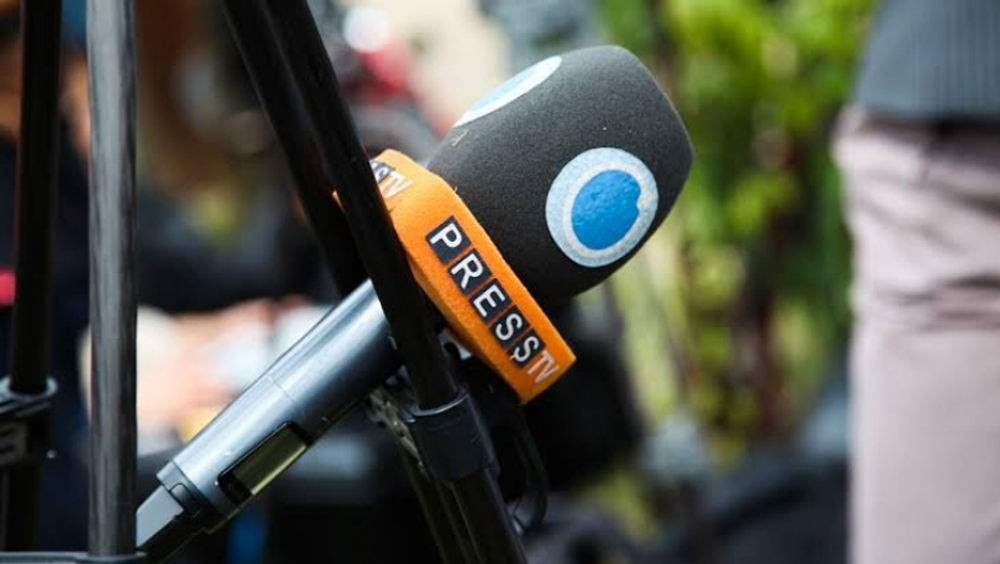
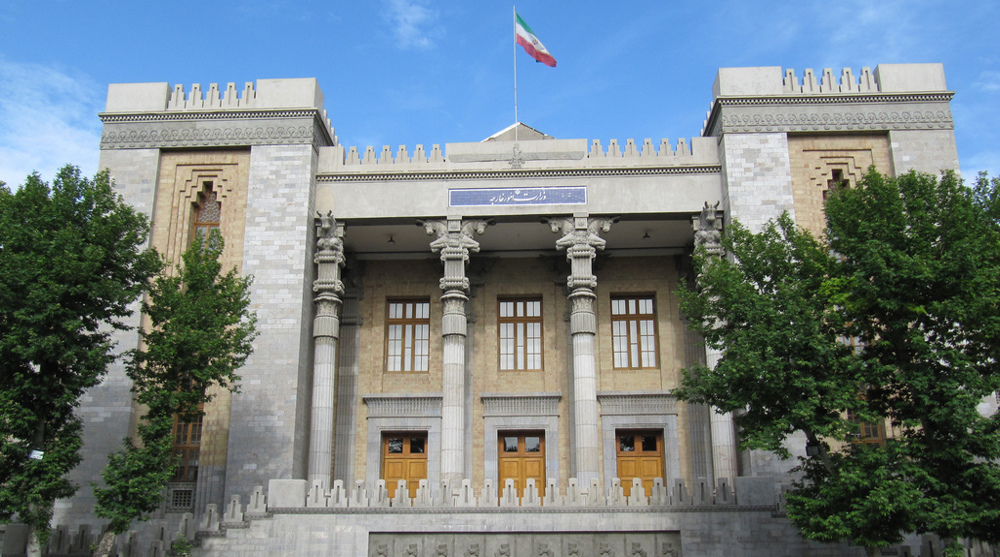
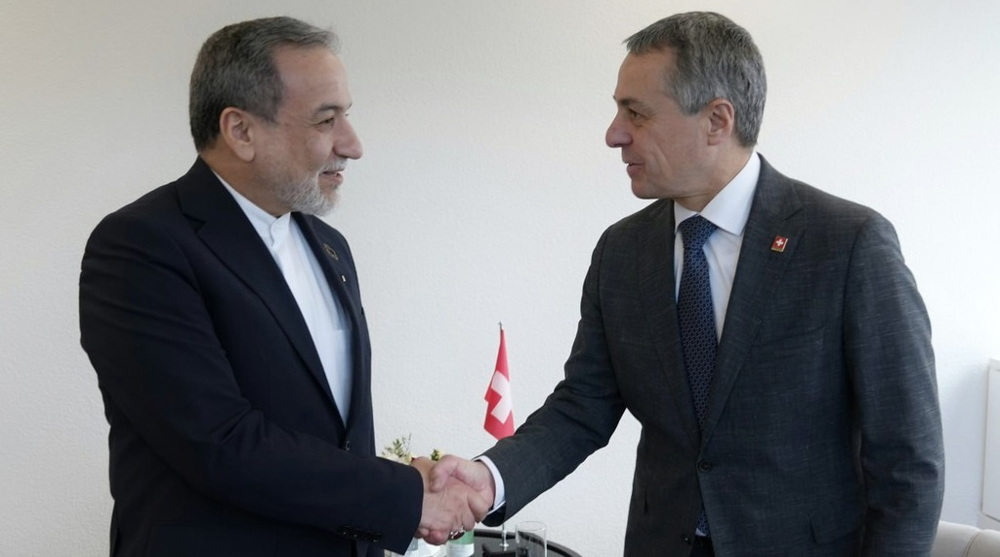
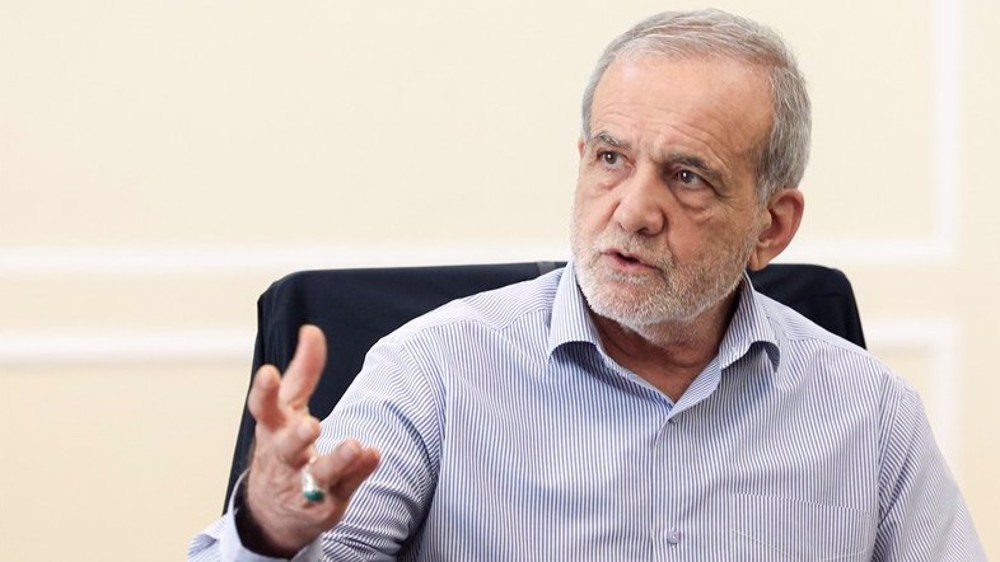



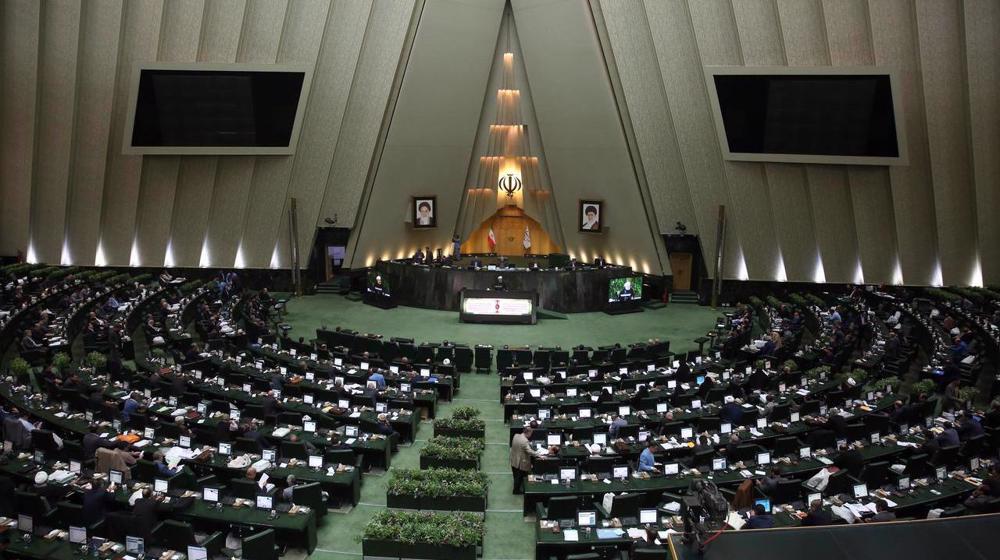
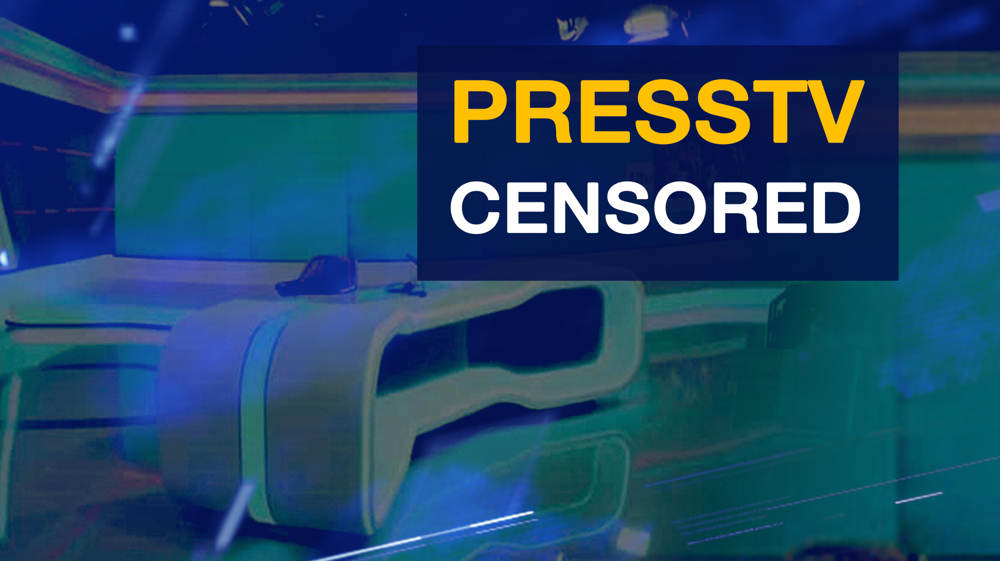
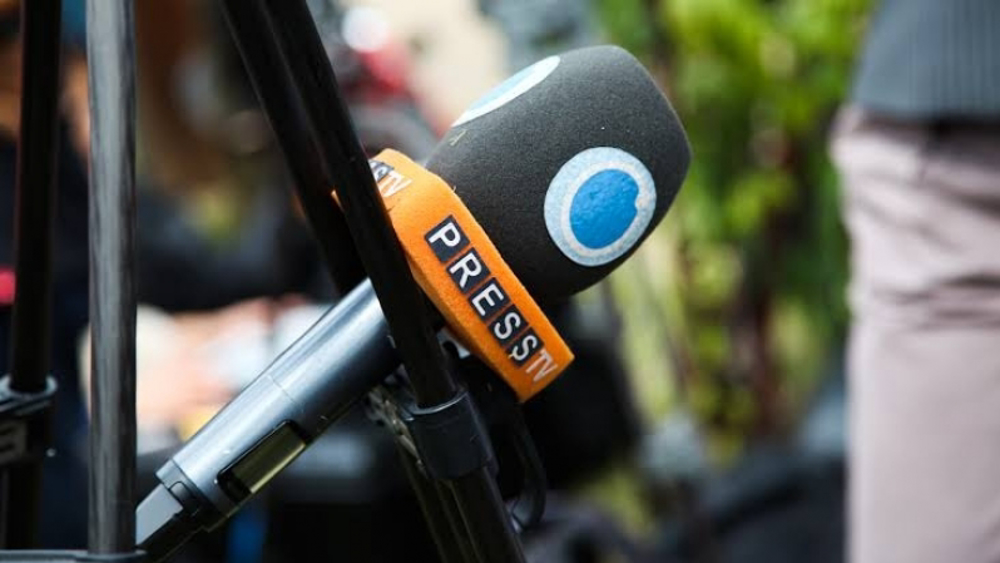
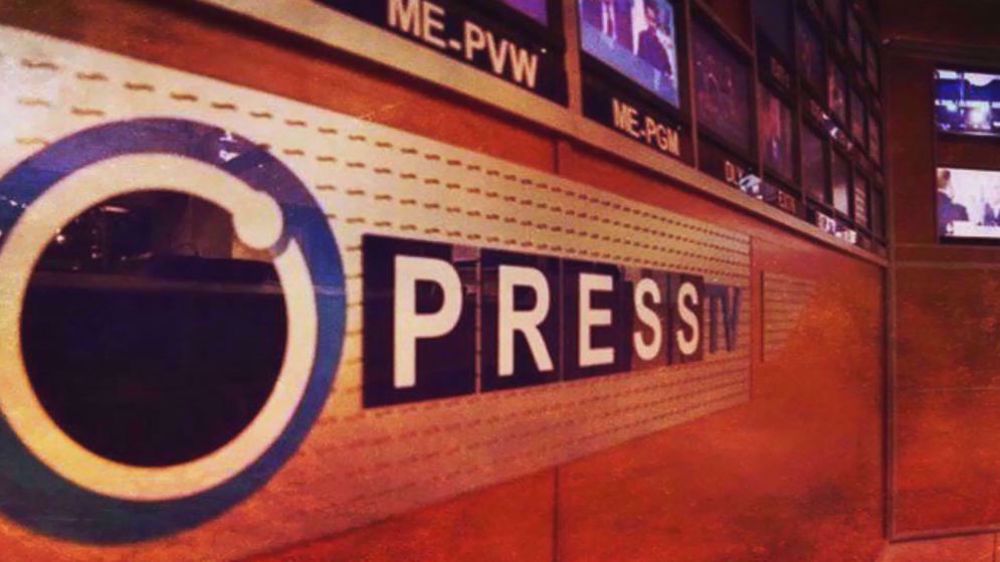
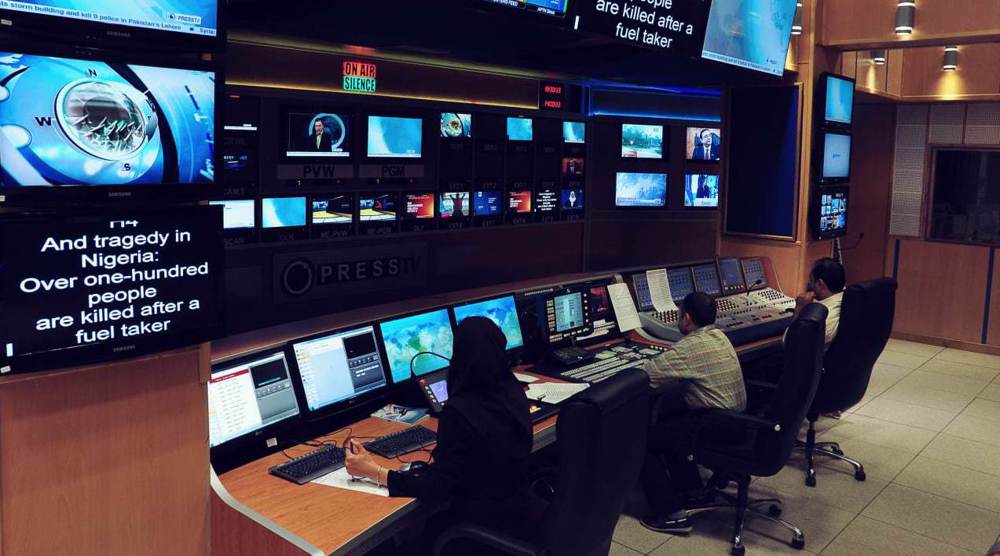

 This makes it easy to access the Press TV website
This makes it easy to access the Press TV website